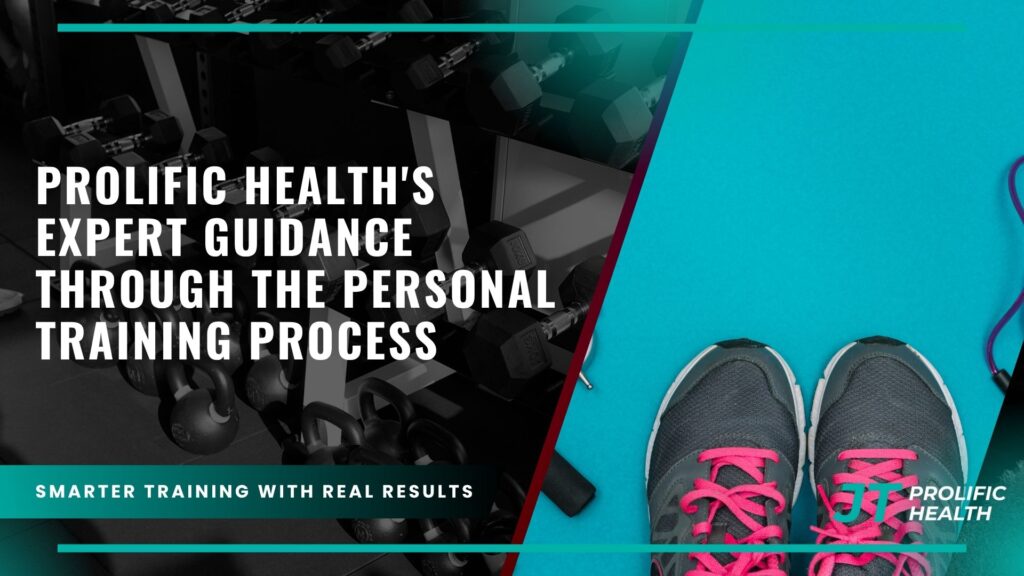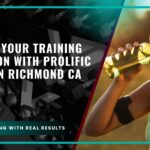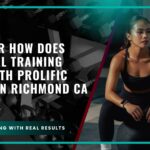Did you know 72% of new fitness professionals report feeling unprepared when guiding their first clients? At Prolific Health, we transform uncertainty into confidence for aspiring coaches across Richmond and Vancouver. Our proven methods help you master the essentials of client-centred fitness education.
Building a career in this field requires more than exercise knowledge. You become a mentor who evaluates mobility, crafts tailored routines, and ensures safe technique. Every session combines science with empathy to help clients reach milestones.
We emphasize practical skills like demonstrating proper form and adjusting workouts. Success demands clear communication and patience – especially when progress feels slow. Our approach focuses on sustainable habits over quick fixes.
Key Takeaways
- Fitness professionals assess client abilities and design custom workout plans
- Safety education remains critical during exercise demonstrations
- Effective coaches adapt programs based on ongoing progress reviews
- Building trust through active listening improves client retention
- Career success requires balancing technical knowledge with interpersonal skills
Our Philosophy and Proven Approach
Effective coaching begins with understanding that no two clients walk the same path. We build relationships that recognize unique aspirations, physical capabilities, and lifestyle factors. This mindset shapes how we prepare professionals to guide others toward lasting change.
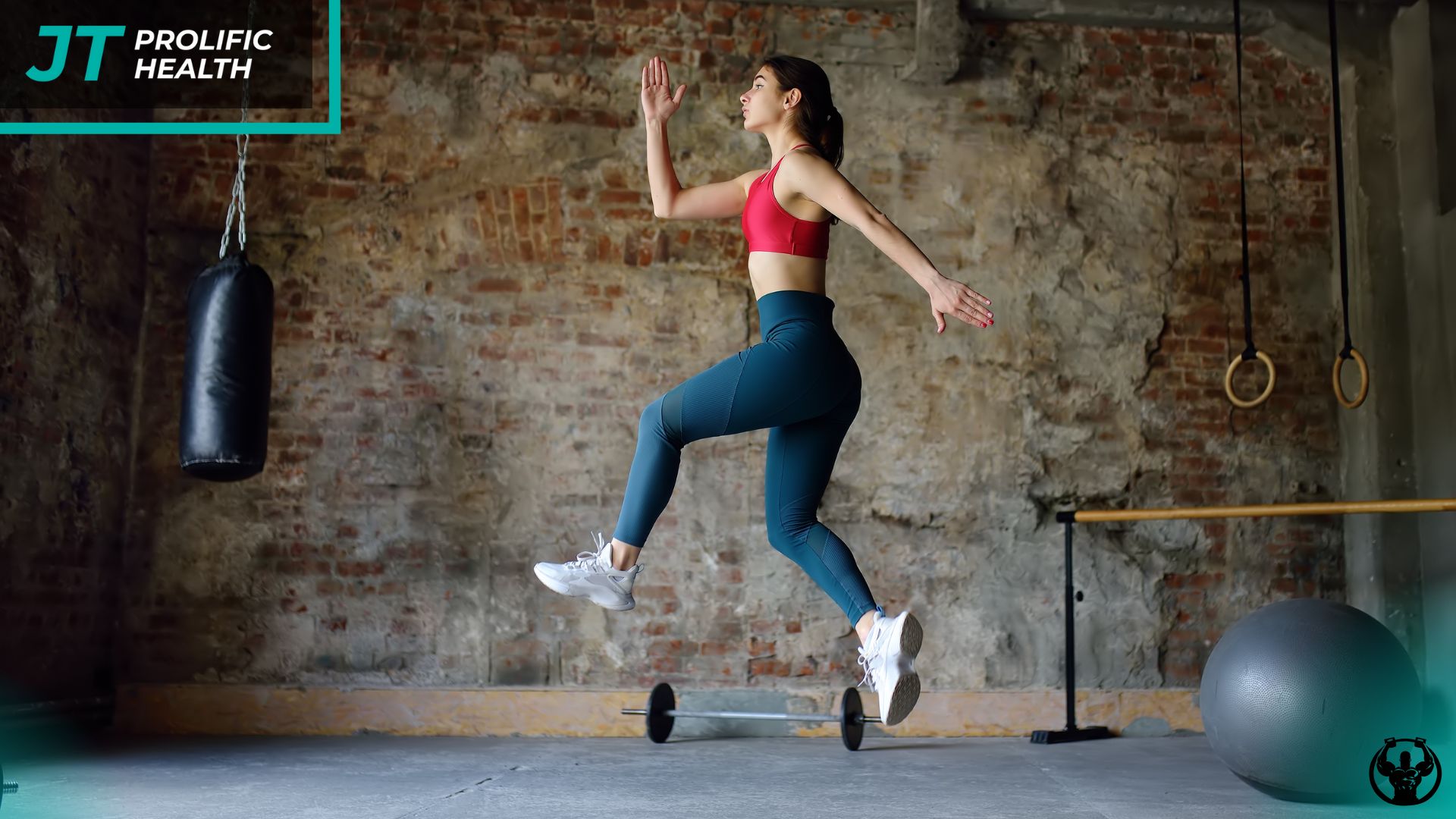

Our Mission and Commitment
We equip coaches with tools to address both physical and emotional needs. Education focuses on interpreting body language, modifying exercises for injuries, and celebrating small victories. Our methods emphasize sustainable progress over rigid protocols.
How We Tailor Advice to Your Fitness Journey
Whether working with marathon runners or busy parents, adaptability matters. You’ll learn to design programs aligning with specific objectives like muscle gain or stress reduction. Techniques include:
- Adjusting workout intensity based on energy levels
- Incorporating mindfulness practices for holistic health
- Using progress tracking to maintain motivation
Seasoned instructors share strategies for connecting with diverse groups across British Columbia. This includes cultural sensitivity training and injury prevention protocols tailored to Canadian climates.
Understanding the Role of a Certified Personal Trainer
What separates great fitness coaches from casual gym enthusiasts? Certified professionals transform workout spaces into classrooms where movement becomes education. Their expertise bridges the gap between generic routines and life-changing habits.


The Importance of Expert Guidance
Skilled trainers do more than spot weights. They decode equipment functions, adjust bench angles, and position safety bars before you lift. Every session becomes a masterclass in body mechanics.
Consider proper squat form. Coaches break it into phases: foot placement, hip movement, chest position. They catch rounded backs during deadlifts and correct elbow flares in push-ups. Immediate feedback prevents injuries while building confidence.
Three critical skills define exceptional trainers:
- Teaching foundational moves like scapular retraction for posture
- Adapting exercises for arthritis or past injuries
- Explaining why certain workouts match your goals
In Vancouver studios and Richmond gyms, we’ve seen how client-trainer relationships thrive through trust. Coaches become translators – converting fitness science into actionable steps. They celebrate when you nail that first perfect push-up, knowing it’s just the beginning.
Qualifications and Local Regulatory Standards
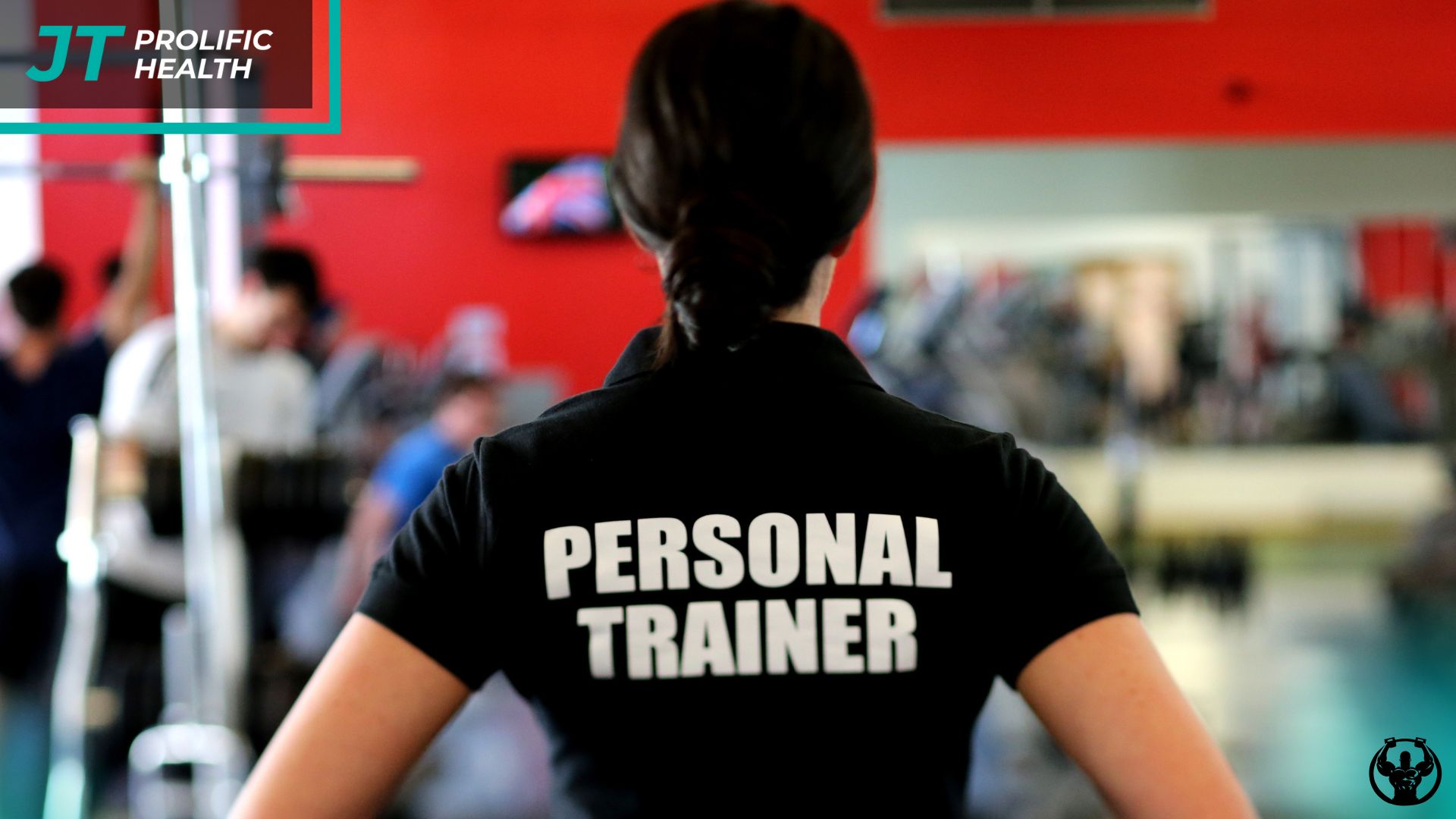

Canadian fitness professionals operate within a framework that prioritizes safety and competency. While no federal license exists, industry standards ensure clients receive quality guidance from qualified experts. Understanding these requirements helps you build credibility and meet employer expectations nationwide.
Local Government Guidelines in Canada
Provinces maintain different recommendations for fitness workers. British Columbia and Ontario facilities often require proof of CPR/AED certification for insurance purposes. Some municipalities mandate additional screenings for trainers working with seniors or youth athletes.
Essential Foundations for Success
Three pillars form the baseline for entering this field:
- Completion of secondary education (high school diploma or GED)
- Current CPR/AED certification from recognized providers like Red Cross
- Minimum age of 18 years
Obtaining your CPR/AED certification typically involves 4-6 hours of training and a $60 fee. This vital credential expires every two years, requiring regular updates. Many Vancouver gyms verify these qualifications during hiring processes.
While a high school diploma establishes core academic readiness, most successful professionals pursue specialized certifications. These demonstrate your commitment to understanding anatomy, nutrition, and injury prevention – key skills clients expect from their guides.
Beginning Your Journey in Personal Training
Embarking on a fitness career requires more than passion—it demands self-awareness and strategic planning. Before pursuing certifications, evaluate whether guiding others aligns with your core strengths and lifestyle. This critical first step separates fleeting interests from sustainable professional paths.
Evaluating Your Readiness and Passion
Successful coaches combine technical knowledge with human-centered skills. Ask yourself these questions:
- Can you explain complex exercises using simple, relatable language?
- Do you naturally adapt communication styles for different personalities?
- Are you prepared to handle setbacks while maintaining client motivation?
Empathy proves more valuable than textbook knowledge when helping clients overcome plateaus. Observe how private training sessions in Vancouver are modified for office workers versus athletes. Each situation demands unique approaches while maintaining safety standards.
Consider practical realities like early morning sessions or weekend commitments. Many British Columbia clients prefer 6 AM workouts before work. Your schedule flexibility directly impacts career opportunities and client retention rates.
Continuous learning separates good trainers from exceptional ones. New research emerges monthly about nutrition, recovery techniques, and injury prevention. Commit to updating your skills through group strength sessions and peer networking events across Canada.
Exploring Accredited Certification Options
Choosing the right certification shapes your career path in fitness. Accredited programs validate your expertise while aligning with industry standards across Canada. Focus on organisations recognised by employers in British Columbia and beyond.
Comparing Top Certification Organisations
Leading certifying bodies differ in their educational priorities. Some emphasise sports science, while others prioritise corrective exercise techniques. Key comparison factors include:
- Program focus areas like youth fitness or senior mobility
- Availability of digital study materials and practice exams
- Pass rates reflecting assessment difficulty levels
Most certification programs require 3-6 months of preparation. Successful candidates blend textbook learning with hands-on practice. Consider how each organisation’s specialisations match your career goals.
Study Materials and Exam Preparation
Effective preparation combines multiple resource types. Many programs offer interactive quizzes alongside traditional manuals. Develop a study routine that includes:
- Weekly progress checks using practice tests
- Flashcards for memorising anatomy terms
- Video demonstrations of assessment protocols
Pass rates between 65-90% highlight the importance of thorough preparation. Schedule mock exams under timed conditions to build confidence. Remember, certification marks the start of your learning journey – not the finish line.
Investing in Nutrition and Fitness Education
Fueling success requires more than just reps and sets—it demands smart nutrition strategies. Clients achieve better results when their workout plans align with dietary habits. This synergy transforms isolated efforts into comprehensive wellness journeys.
Integrating Nutrition for Optimal Results
Understanding food’s role in recovery and performance separates good coaches from exceptional ones. You’ll learn to explain how protein intake supports muscle repair or why hydration affects endurance. These insights help clients connect their plate to their progress.
Conflicting advice from multiple sources often derails client efforts. By mastering nutrition basics, you become their single trusted guide. Teach practical skills like decoding food labels or balancing macronutrients for energy needs.
Three key areas enhance client outcomes:
- Timing meals around workouts to maximize energy
- Adjusting calorie intake based on activity levels
- Identifying nutrient gaps affecting performance
Certified professionals in Vancouver and Richmond report higher client retention when addressing both movement and nutrition. Consider adding hybrid coaching to expand your expertise. This dual focus creates lasting change while boosting your career opportunities across Canada.
Designing Effective Exercise Programming
Crafting impactful fitness routines demands equal parts science and adaptability. At Prolific Health, we’ve refined programming strategies through years of coaching diverse clients across Richmond and Vancouver. Our approach transforms generic workouts into precision tools for achieving specific objectives.
Blueprint for Success
Every program starts with understanding movement patterns and lifestyle factors. Coaches learn to assess posture imbalances, endurance levels, and recovery needs. This foundation ensures exercises match current abilities while pushing boundaries safely.
Periodization principles form the backbone of sustainable progress. You’ll structure phases that alternate intensity and focus areas. This prevents plateaus while keeping clients engaged through visible milestones.
Adaptation separates good programs from great ones. A marathon trainee’s plan differs radically from a parent’s home routine. We teach modification techniques for:
- Equipment limitations in small spaces
- Weather-dependent outdoor sessions
- Energy fluctuations during busy weeks
Our Vancouver-based teams emphasize holistic progress tracking. Clients see how each exercise connects to their larger aspirations. This clarity drives commitment, turning temporary efforts into lifelong habits.
Still have questions? Contact us today to speak with an experienced fitness education advisor.


